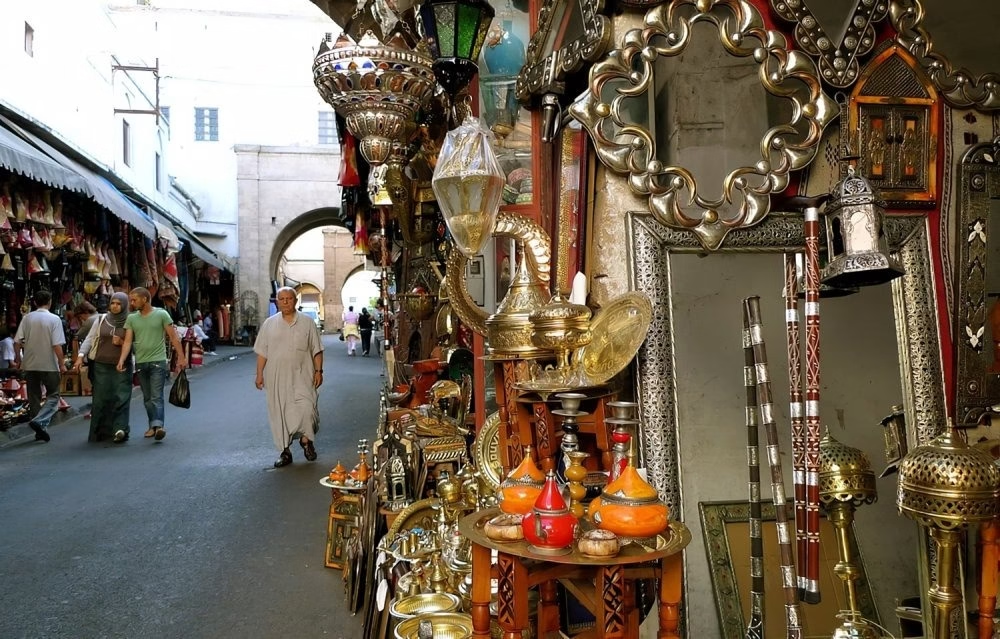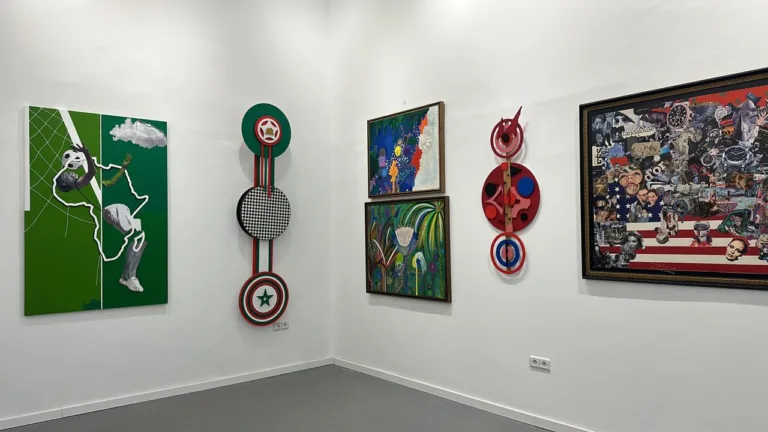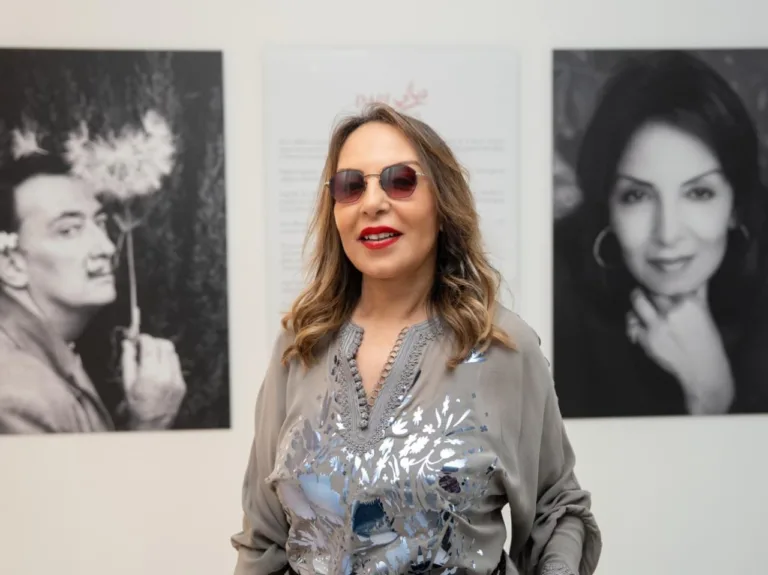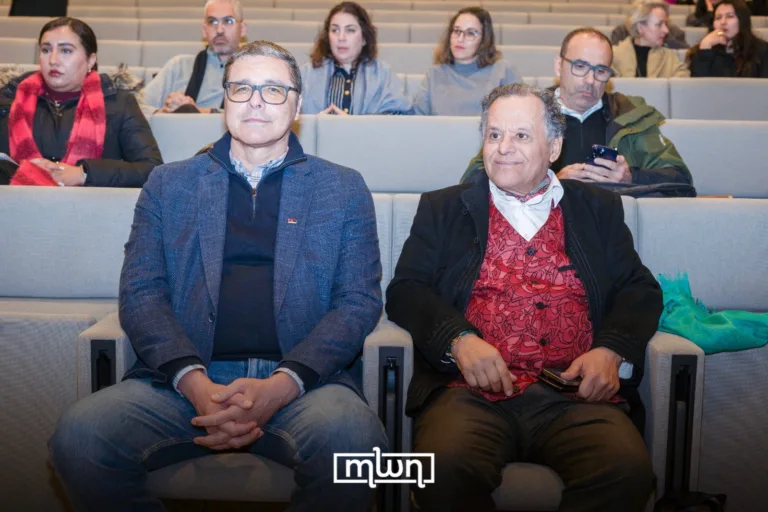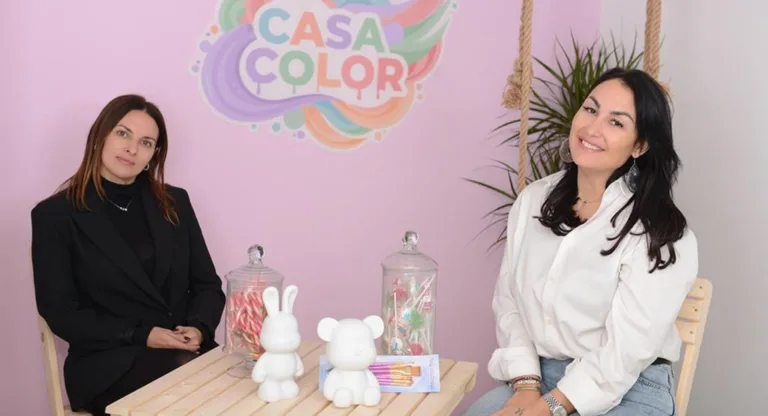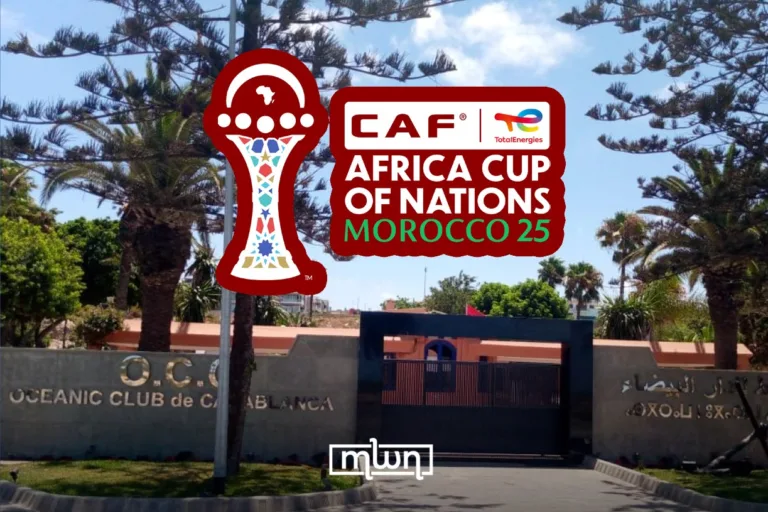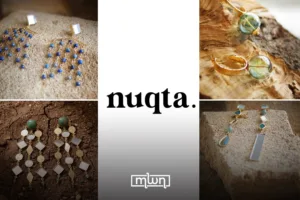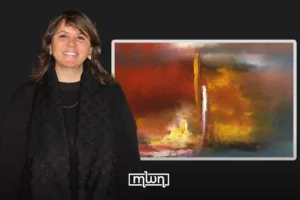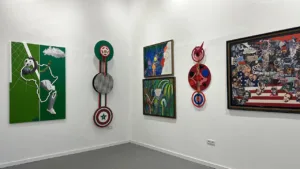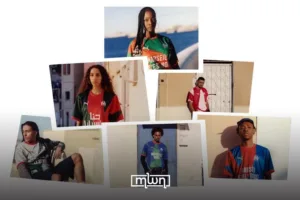Where tourists see heritage, a new generation sees opportunity, and they’re rebuilding it from the inside.
Fez– In the narrow streets of Casablanca’s old medina, an ambitious project, backed by Morocco’s National Initiative for Human Development, is quietly reenergizing traditional crafts, bringing them into the hands of young artisans and giving the area a new sense of purpose.
At the heart of it all is “Al Makan,” a beautifully restored space tucked just behind Ahmed El Bidaoui Square.
Step through its doors, and you’re immediately surrounded by the sights and sounds of a working medina, not the past, but a new version of it.
There’s pottery being shaped, couscous being prepared, and visitors sharing meals and stories around long communal tables.
Al Makan isn’t a showroom. It’s a living space where Moroccan craftsmanship is not only taught but experienced.
The people behind it, including local NGO Maroc Impact and a network of public and private partners, are focused on more than just preservation.
Their goal is to make craftsmanship part of the city’s future, not just its past.
Next door, the “Al Mohub” training center plays a key role. Since launching in 2023, it has trained over 300 young people in trades ranging from ceramics and weaving to digital fabrication.
Many of these graduates now exhibit and sell their work in Al Makan. Others are launching careers that didn’t exist before, blending tradition with design, technology, and entrepreneurship.
Visitors aren’t just spectators. They’re invited to roll up their sleeves, cook traditional dishes, try their hand at a craft, or join a Gnawa music session in the riad’s courtyard.
The experience is designed to be immersive and real, nothing staged, nothing artificial.
The initiative also supports a network of cooperatives, mostly run by young artisans and women.
Their products, from leatherwork to handmade caftans, are displayed throughout the building, offering a curated snapshot of Moroccan creativity today.
Behind the scenes, the space is managed by Genius Management, a team focused on making sure the project remains sustainable, community-driven, and innovative.
And the connections go beyond Casablanca. The project collaborates with global institutions like MIT and fashion houses abroad, helping local talent access international opportunities while staying rooted in their craft.
What started as a local experiment has become a success story in social innovation, one that’s giving Casablanca’s old medina exactly what it needed: new life, new hands, and a clear direction forward.
Read more: Why “Oulidat L’Haratha” Still Rings True in Morocco Today

